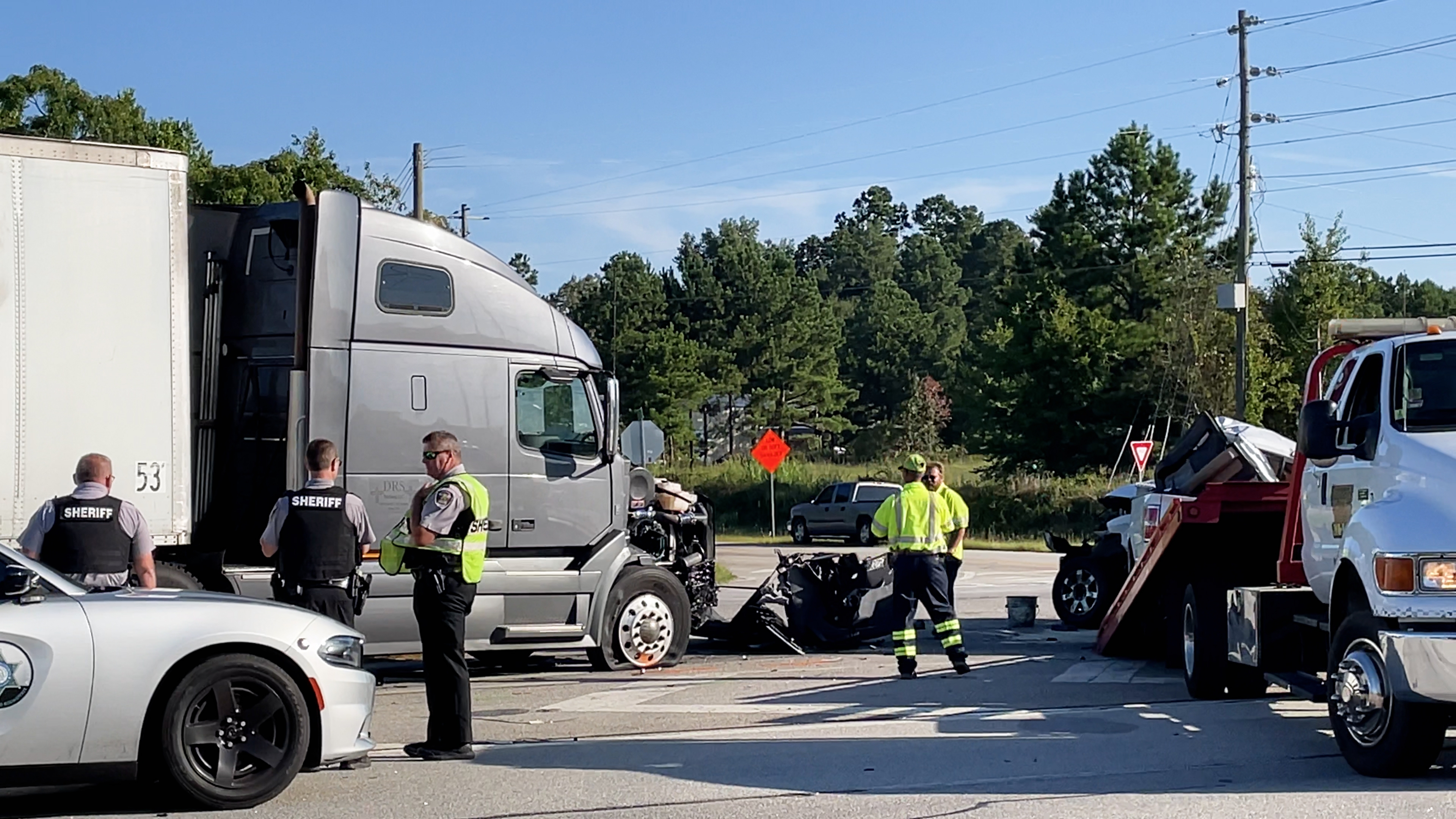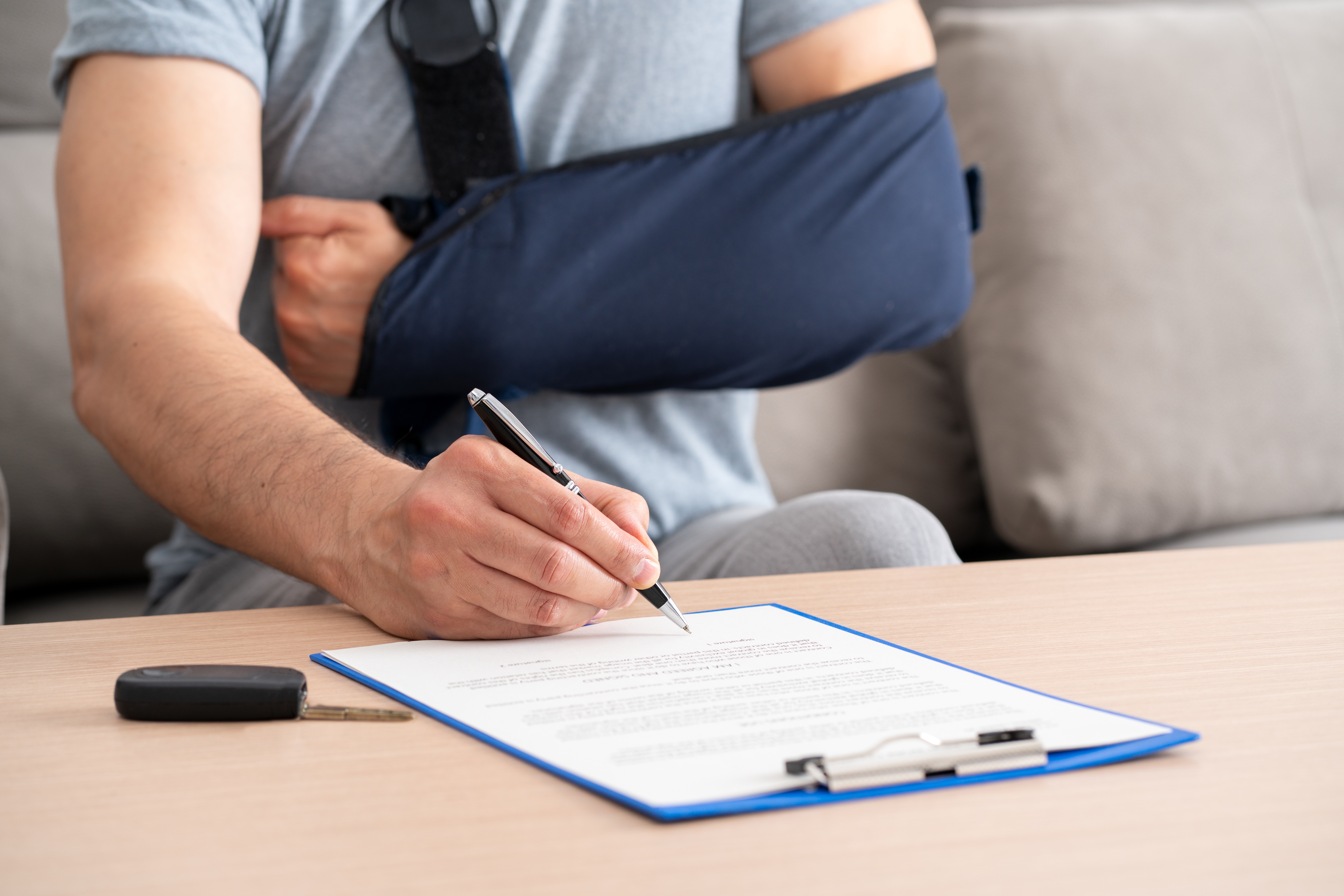When you’re injured due to someone else’s negligence—whether it’s a car wreck on I-26, a slip and fall in a Charleston grocery store, or medical negligence in a local hospital—your medical records become one of the most powerful tools in your personal injury case.
In South Carolina, medical documentation doesn’t just prove that you were hurt—it helps determine how much compensation you may be entitled to, how long your case will take, and whether there will be any delays in processing your personal injury claim.
This guide from an experienced South Carolina personal injury attorney covers the most common questions we get about how medical records impact settlements, and how they intersect with Medicaid, insurance, taxes, and more.
Yes—medical bills are one of the core components of a personal injury settlement. In South Carolina, your settlement may include:
But here’s the catch: your settlement must be backed up by proper medical documentation. If your records are incomplete, delayed, or inconsistent, your compensation could be significantly reduced—or delayed entirely.

One of the most frustrating things for injured clients in SC is waiting on medical records to be compiled. Here’s how you can speed up the medical reporting process and keep your case moving:
This kind of detailed documentation is also useful in mediation, which is often used in SC to resolve personal injury disputes without going to trial. And yes—mediation is legally binding when a settlement is reached.

Yes, it can. If you receive a personal injury settlement in South Carolina and you’re on Medicaid, it could potentially affect your ongoing eligibility for benefits. That’s because Medicaid is a needs-based program, and a lump-sum payment may push your income or assets above the allowable threshold.
To avoid losing benefits, many personal injury attorneys in SC will help clients create a Medicaid trust or structure the settlement in a way that preserves eligibility.
Related keyword: personal injury settlement and Medicaid eligibility
Yes—but with a twist. Medical malpractice is a type of personal injury case that involves negligence by a healthcare professional. So if a doctor in Mount Pleasant misdiagnoses a serious condition, or a nurse in Columbia administers the wrong medication, that would fall under medical negligence—which is also considered a personal injury case under South Carolina law.
A personal injury medical malpractice attorney will handle these differently than a car accident or slip and fall, often requiring expert testimony and deeper analysis of medical records.
In South Carolina, drivers can choose to carry:
Your personal injury attorney will determine how these coverages impact your settlement and whether you need to reimburse your insurance company once the case resolves.

Typically, no—if your personal injury settlement is for physical injuries, it is not taxable under federal law. However, portions related to emotional distress or punitive damages might be taxed.
It’s always wise to consult with both your attorney and a tax professional after a settlement in South Carolina.
We get this one a lot—and the answer is: it depends.
Some personal injury cases settle in a few months, while others (especially complex or disputed ones) can take over a year. Factors that impact timing include:
In general, most SC personal injury cases settle within 6 to 12 months, but your attorney will give you a better estimate based on your specific case.
Related keywords:
Creating a medical chronology—a detailed, organized timeline of your treatment—can make a big difference in how fast and how fairly your case is resolved. It helps insurance adjusters and juries understand your injury journey and strengthens your position in negotiation or trial.
If you’ve been injured in South Carolina and have questions about your medical records, Medicaid, or how to maximize your personal injury settlement, contact Mastantuno Law Firm today. We’ve helped hundreds of South Carolinians protect their rights and secure the compensation they deserve.
